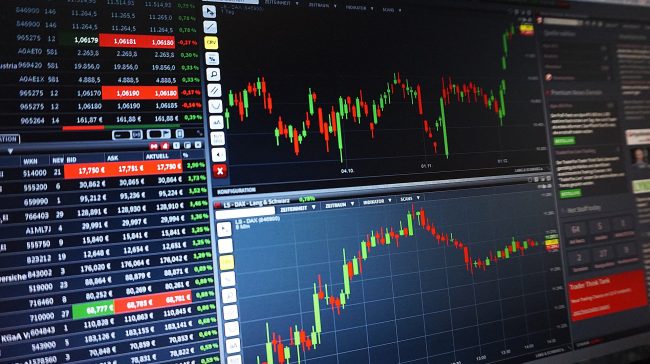
It’s been just revealed that an important billion-dollar bank is revealing something crucial about cash. Check out the latest reports about this below.
Massive bank drops huge cash-related warning
A UK-based bank managing $28 billion in assets is currently asking customers to provide a valid reason for withdrawing cash. Should the given reason prove unsatisfactory, the bank may request additional documentation to verify the legitimacy of the withdrawal.
This measure is taken to safeguard customers from potential scams.
“Cash withdrawals are the least secure way of making payments given the number of other alternative options available through our Online Banking and Mobile App services…” the bank said.
The bank continued and said the following:
“Our primary aim is to keep customers safe and secure, and our branches follow our processes carefully to achieve this. This will include asking you questions about the purpose of your cash withdrawal, and in some cases, for supporting documentation such as an invoice. This helps us validate the withdrawal as genuine and protect you against fraud and scams.”
NatWest says it will block customers from withdrawing cash if they believe there’s an issue.
“In some instances, we may decline the cash withdrawal based on the information provided surrounding the transaction. This would only ever be in situations where we need to safeguard our customers.”
Central banks reveal news about buying gold
It’s been just reported the fact that the banking giant UBS says demand for gold from central banks around the world is likely to surge this year as countries back away from the US dollar.
In a brand new report, UBS said that it expects central banks to accumulate 700 metric tons of gold worth $48.74 billion this year.
UBS just stated that the central banks are likely to continue stockpiling gold in the coming months due to persistent inflation and geopolitical concerns.
“Last year marked the 13th consecutive year of net gold purchases by global central banks and the highest level of annual demand on record dating back to 1950.”




